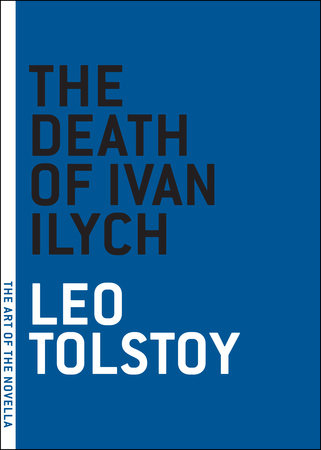Videos from the 2024 First-Year Experience® Conference are now available
We’re pleased to share videos from the 2024 First-Year Experience® Conference. Whether you weren’t able to join us at the conference or would simply like to hear the talks again, please take a moment to view the clips below. Penguin Random House Author Breakfast Monday, February 19th, 7:15 – 8:45 am PST This event




